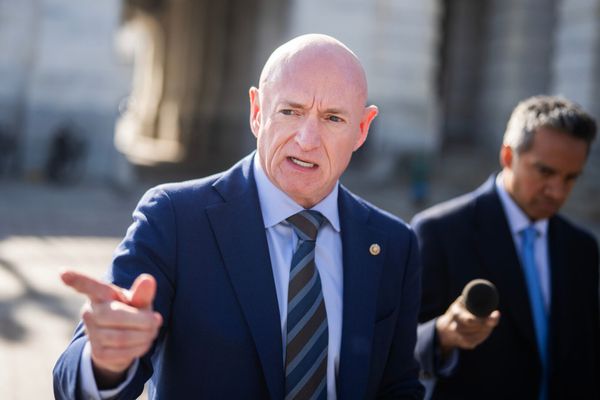It’s easy to think that piling up cash in your bank account is always smart. After all, a big savings balance can feel like a safety net. But is there such a thing as too much cash in the bank? Many people don’t realize that holding onto large amounts of cash can actually be a financial risk. Instead of helping you reach your goals, excess cash might slow your progress or even put your money at risk in ways you haven’t considered. Let’s explore why too much cash in the bank can be more dangerous than it seems, and what you can do to strike the right balance.
1. Losing Out to Inflation
The biggest financial risk of keeping too much cash in the bank is inflation. Inflation slowly erodes the value of your savings over time. When prices rise and your cash sits in a low-interest account, your money buys less each year. For example, if inflation is 3% but your savings account pays just 0.5%, you’re effectively losing 2.5% of your money’s value annually.
While having a cash cushion is important for emergencies, holding more than you need means the rest is losing purchasing power. Instead, consider putting surplus funds to work in investments that offer better long-term growth potential.
2. Opportunity Cost of Missed Investments
Another reason why too much cash in the bank can be a financial risk is the opportunity cost. Money that sits idle isn’t growing. Over decades, the difference between earning 0.5% in a savings account and 7% in the stock market is massive. The longer you wait to invest, the harder it becomes to catch up.
Consider how compound growth works. Even small amounts invested early can snowball over time. By letting excess cash sit on the sidelines, you may be missing out on future wealth.
3. Bank Account Limits and FDIC Coverage
There are also practical limits to how much cash you should keep in a single bank account. In the U.S., the Federal Deposit Insurance Corporation (FDIC) only insures up to $250,000 per depositor, per bank, for each account ownership category. If your total cash exceeds these limits and your bank fails, any amount above that threshold could be lost.
This risk is minor for most people, but it becomes real if you’re holding large sums in one place. Spreading your money across several banks or account types can help protect your cash. Still, it’s another reason not to let too much cash accumulate unnecessarily.
4. Temptation to Overspend
Having a large cash balance can be tempting. When you see a hefty amount in your checking or savings account, you might feel more comfortable making impulse purchases. This “wealth effect” can lead to overspending and financial decisions you later regret.
To avoid this, consider moving surplus funds into separate accounts or even into investments. Out of sight often means out of mind, making it easier to resist spending on things that don’t align with your goals.
5. Lack of Diversification
Diversification is a core principle in financial planning. By spreading your money across different asset classes—stocks, bonds, real estate, and cash—you reduce your overall risk. Too much cash in the bank means you’re not diversified. If the economy changes or inflation spikes, your cash-heavy strategy could backfire.
Instead, aim for a balanced approach. Keep enough cash for emergencies and short-term needs, but don’t neglect other investment opportunities that can help your money grow and protect against inflation.
6. Not Taking Advantage of Better Savings Options
Many people default to keeping their excess cash in a basic savings account. But there are often better options out there. High-yield savings accounts, money market accounts, or even short-term certificates of deposit (CDs) can offer higher interest rates with similar safety.
It’s worth shopping around. For example, these high-yield savings accounts often pay several times more than traditional banks. Even a small increase in interest can add up over time, especially if you’re holding a significant cash balance.
Finding Your Cash Comfort Zone
So, how much cash in the bank is too much? There’s no single answer—it depends on your personal situation. Most experts recommend keeping three to six months’ worth of living expenses in an emergency fund. If you have major expenses coming up, like a home purchase or tuition, holding extra cash makes sense. But beyond that, consider moving surplus funds into investments or higher-yield accounts to reduce your financial risk and help your money work harder.
Too much cash in the bank might feel safe, but it can quietly hold you back. Review your accounts, set a target for your emergency fund, and put the rest to better use. Your future self will thank you.
How do you decide how much cash to keep in the bank? Share your thoughts in the comments below!
What to Read Next…
- 9 Silent Bank Policy Changes That Eat Into Your Savings
- 6 Financial Traps Retirees Walk Into Without Questioning
- 8 Everyday Services That Are Slowly Becoming Subscription Only
- 5 Invisible Service Charges Eating Into Your Bank Balance
- What Are Banks Really Doing With Your Personal Spending Data?
The post Could Too Much Cash in the Bank Actually Be a Financial Risk appeared first on The Free Financial Advisor.







